IRATA ROPE ACCESS
LEVEL 1,2 & 3
courses
courses
Advanced Blade Repair Services offer the following levels of IRATA rope access training;
- IRATA Rope Access Level 1
- IRATA Rope Access Level 2 - For time served technicians wanting to progress their career
- IRATA Rope Access Level 3 - For technicians wanting to move into supervisory roles
Please contact our Sunderland based team to book a place on your chosen course.
IRATA Rope Access Training (Level 1, 2 or 3)
IRATA Rope Access training provides the skills and knowledge required to work at height where ropes and associated equipment are used to gain access to and from the work position and to be supported there.
Rope access techniques are used in a wide range of repair, maintenance and inspection roles in industries including offshore oil and gas, renewable energy, confined spaces, power and petrochemical, shipping and harbours.
IRATA Rope Access Training - Level 1
Duration: 5 days (4 days training 1 day assessment)
Price:
Basic: £579.17 ex. VAT – £695 inc. VAT
IRATA Rope Access Training - Level 2
Duration: 5 days (4 days training 1 day assessment)
Price:
Basic:
£579.17 ex. VAT – £695 inc. VAT
IRATA Rope Access Training - Level 3
Duration: 5 days (4 days training 1 day assessment)
Price:
Basic:
£579.17 ex. VAT – £695 inc. VAT
IRATA Rope Access
Training - Level 1
An entry level course suitable for those starting a career in rope access.
An IRATA Rope Access Level 1 technician is capable of performing a limited range of rope access tasks.
Course
OBJECTIVES
OBJECTIVES
Participants completing a Level 1 IRATA Rope Access training course will be able to:
- Inspect their rope
- Correctly use access equipment
- Assist in the rig and non-standard operations under the guidance of a higher graduate
- Undertake a rescue involving descent by themselves and know about hauling systems
cOURSE
CONTENT
A Level 1 IRATA Rope Access training course includes:
- The characteristics of a safe system of work
- Rope access equipment
- Legislation, hazards, risk assessment and method statements
- Equipment, conformity, certification and inspection
- Emergency and rescue procedures
IRATA Rope Access
Training - Level 2
An intermediate level training course for those wanting to progress a career in rope access.
An IRATA Level 2 technician is capable of rigging working ropes, undertaking rescues and performing a variety of rope access tasks.
Course
OBJECTIVES
OBJECTIVES
Participants completing a Level 2 IRATA Rope Access training course will be able to:
- Undertake advanced rescues under the supervision of an IRATA level 3 rope access technician
- Perform advanced rope access tasks under the supervision of an IRATA level 3 rope access technician
- Have some knowledge of legislation, safety requirements and quality assurance procedures relating to rope access
Course
content
content
A Level 2 IRATA Rope Access training course includes:
- Legislation, guidelines and standards
- Team work and communication
- Equipment and rigging including wide 'y' hang, re-belay, deviations, rope and sling protection, pull-through, tensioned lines, work restraint, horizontal lifelines, anchorage selection
IRATA Rope Access
Training - Level 3
A supervisory level training course for those wanting to progress to a rope access supervisor.
An IRATA Level 3 supervisor is capable of site supervision for rope access work projects.
Course
OBJECTIVES
OBJECTIVES
Participants completing a Level 3 IRATA Rope Access training course will be able to:
- Supervise rope access work projects
- Understand relevant work techniques and legislation
- Demonstrate all the skills and knowledge required of IRATA rope access levels 1 and 2
- Demonstrate comprehensive knowledge of advanced rescue techniques
- Show that suitable first aid training has been undertaken (and hold an appropriate and valid first aid certificate)
- Have knowledge of the IRATA training, assessment and certification scheme
- Be familiar with the contents of the IRATA International Code of Practice (ICOP)
Course
CONTENT
CONTENT
A Level 3 IRATA Rope Access training course includes:
- Equipment inspection
- Management and records
- Risk assessment and method statements
- Rescue management

